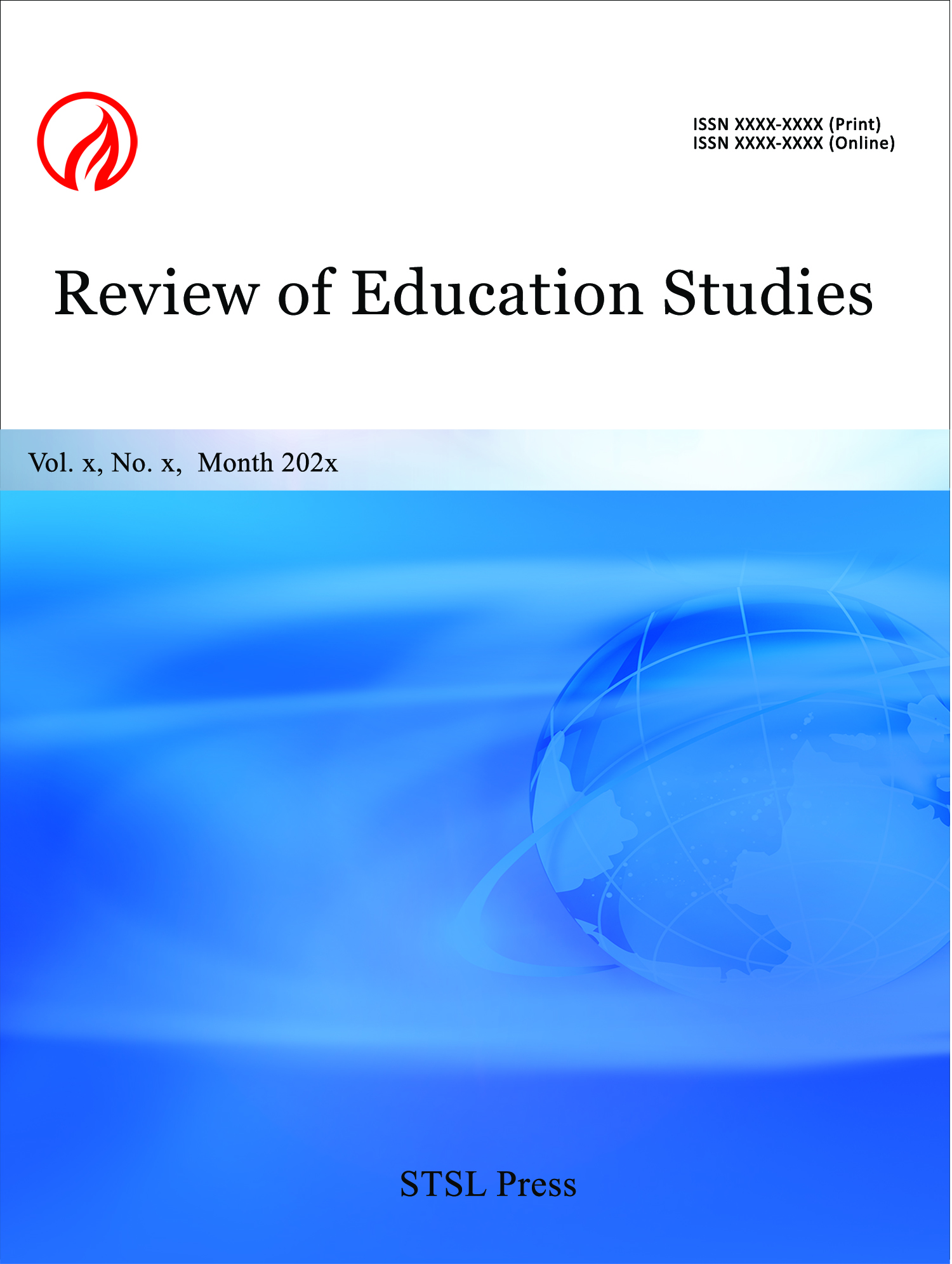Challenges of Parental Involvement in the Curriculum and Assessment Policy Statement in Five Secondary Schools in Rural South Africa
Mulatedzi Calvin Rammbuda
Abstract
Parental involvement in South Africa’s educational curriculum is a contentious issue. This paper explores the complexities of parental involvement in the Curriculum and Assessment Policy Statement at five rural secondary schools. Employing interpretivism as the guiding paradigm, this qualitative case study utilized a purposive sample of 15 participants, drawing on the Game Theory of Participation and Stakeholder Theory as frameworks. Data collection comprised literature reviews and semi-structured interviews, with Thematic Analysis employed for data interpretation. The study uncovered significant barriers to parental involvement, including limited capacity, socio-economic challenges, systemic obstacles, power dynamics between parents and head teachers, and lingering effects of apartheid and colonialism. Findings indicate that parental participation in CAPS is minimal. To address this, the paper advocates for regular capacity-building workshops to enhance parental competencies in curriculum-related activities. Furthermore, it suggests the Ministry of Basic Education should formulate clear guidelines to better define parental roles within the curriculum.
Paper:
pdf
DOI:
https://doi.org/10.71002/res.v4n2p28
 This work is licensed under a
Creative Commons Attribution 4.0 License.
This work is licensed under a
Creative Commons Attribution 4.0 License.
Contact us
- Jennifer Smith
- res@stslpress.org
